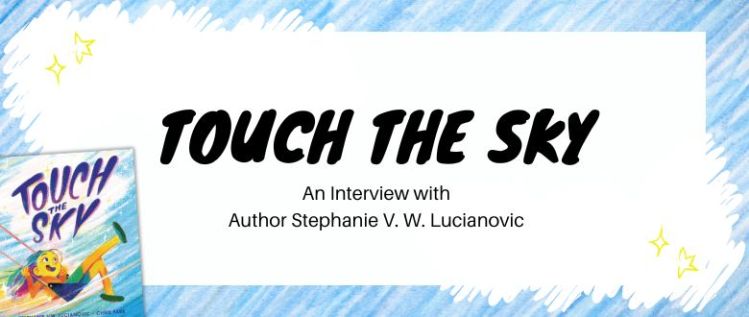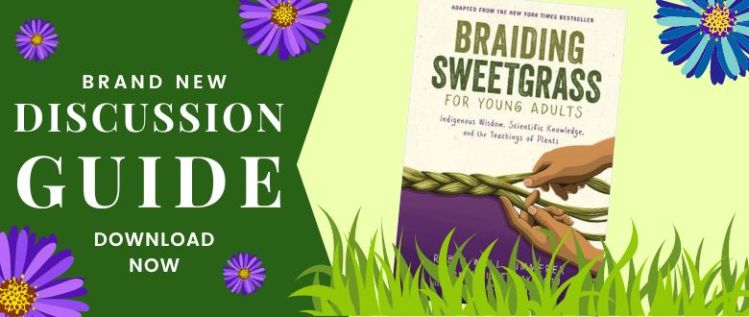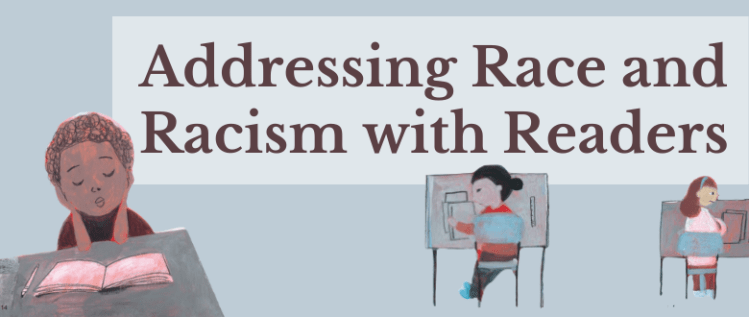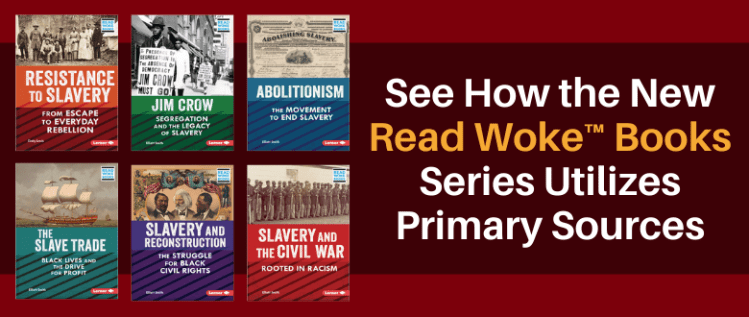
Free Student Activities and Teaching Resources
Looking for fun and free teaching resources to enhance your classroom or library? You’re in the right place! We have a treasure trove of downloadable and printable teaching guides and activities. Whether you’re supporting Common Core instruction in the classroom or creating engaging activities for library programs, we’ve got something for every teacher and librarian. […]Read more "Free Student Activities and Teaching Resources"




